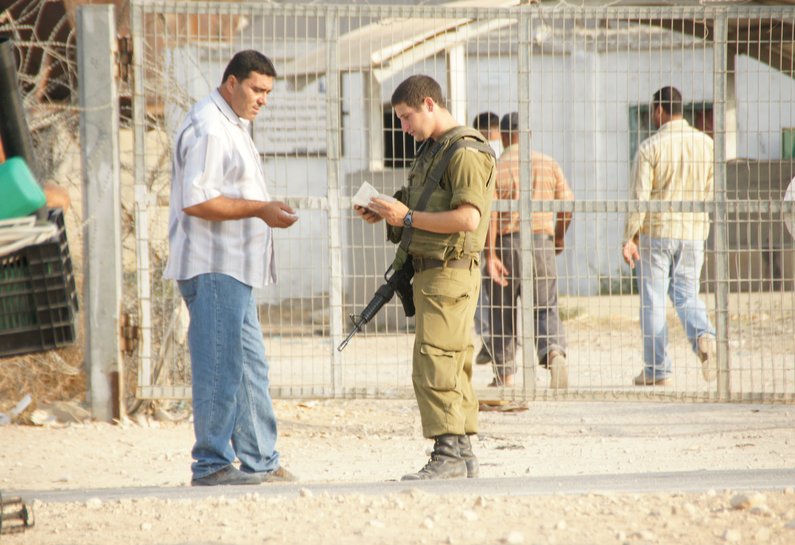Israel’s discrimination against Palestinians leads to stark health inequalities

Israel’s domination of Palestinian life through occupation, blockade, annexation and the permanent displacement of refugees has denied Palestinians equal access to the essential building blocks of health, while also preventing the development of an effective, locally-led Palestinian healthcare system. This has resulted in stark health inequalities between Palestinians and Israelis, which have accelerated during the COVID-19 pandemic, including Palestinians suffering from poorer cancer survival rates, higher infant and maternal mortality, and an average life expectancy that is nearly nine years lower than Israelis.
MAP’s position paper, titled Systematic discrimination and fragmentation as key barriers to Palestinian health and healthcare, provides a comprehensive overview of the systematic discrimination and fragmentation that Palestinians in Gaza, the West Bank and Lebanon have experienced and how this impacts their health. It calls on the international community to take action to end Israel’s discriminatory policies and ongoing violations of international law, and reform aid by putting the principle of self-determination and sustainable development at the heart of their policies.
From denying Palestinians equitable access to land and water, to the blockade of Gaza and destruction of homes, Israel has discriminated against and divided Palestinians for decades.
Aisha Mansour, MAP’s West Bank Director, said: “From denying Palestinians equitable access to land and water, to the blockade of Gaza and destruction of homes, Israel has discriminated against and divided Palestinians for decades. The COVID-19 pandemic has exposed the dire impact of these practices on Palestinian health and healthcare.”
“It’s high time the international community took action to end Israel’s impunity for these violations and reverse the health inequalities they have created.”
Dr Ali Dakwar, MAP’s Lebanon Director, said: “No person can attain their full right to health or dignity living in permanent forced exile from their home. Discrimination and fragmentation are at the root cause of the decades-long humanitarian crisis to which Palestinian refugees in Lebanon are being subjected.”
“Governments, including the UK, must use their aid programmes not only to meet immediate urgent needs, but also to support Palestinians to overcome fragmentation and pursue their common economic, social and cultural development as a people.”
You can read MAP’s new position paper here.
Photo: Agricultural gate in Qalqilya. (Credit: William Parry).

